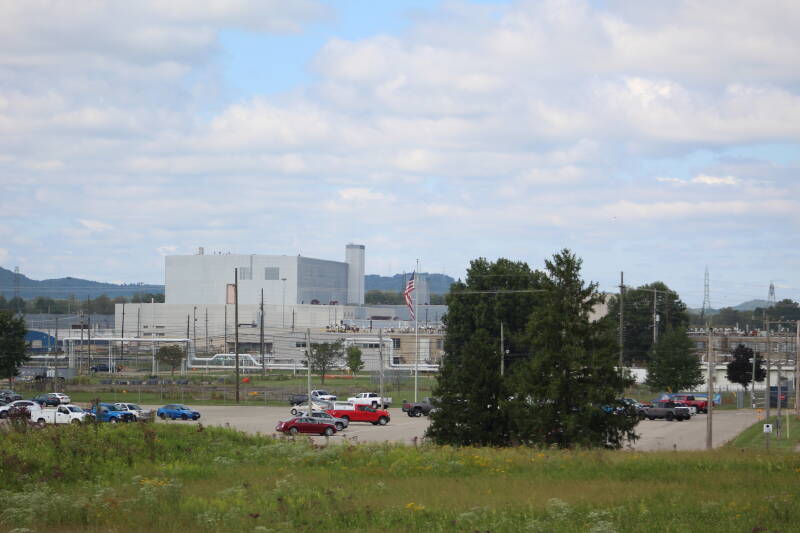
PIKETON, OH - The U.S. Nuclear Regulatory Commission (NRC) has approved a request from American Centrifuge Operating, LLC (ACO) to extend operations for the production of High-Assay, Low-Enriched Uranium (HALEU) at their Piketon, Ohio facility. This extension allows continued operations for an additional six months, through June 30th, 2025.
HALEU is a type of enriched uranium fuel with a higher concentration of the fissile isotope U-235 than traditional fuel. This fuel can be used in advanced nuclear reactors, potentially offering greater efficiency and reduced waste production.
The NRC determined that the extension poses no significant environmental impact. The agency conducted an environmental assessment and concluded that continued operations would not require any new construction, ground-disturbing activities, or changes to the existing centrifuge design. Additionally, emissions and waste generation are expected to remain within previously established limits.
Local opposition remains strong:
Despite the NRC's approval, local anti-nuclear groups have strongly condemned the extension. They argue that the continued operation of the Piketon facility poses significant environmental and safety risks to the surrounding communities. Concerns include the potential for accidental releases of radioactive materials, the long-term storage of nuclear waste, and the increased risk of terrorist attacks.
Local anti-nuclear groups contend that this decision is a disservice to the people of Piketon and the surrounding communities. They believe the NRC continues to prioritize the interests of the nuclear industry over the safety and well-being of our residents.
The future of the Piketon facility:
The DOE contract could potentially be extended for a further three-year phase, but this would require Congressional approval and additional licensing reviews by the NRC.
Anti-nuclear activists are vowing to continue their fight against the expansion of nuclear operations in Piketon. They plan to mobilize public opposition, lobby elected officials, and explore legal challenges to the NRC's decision.
Add comment
Comments